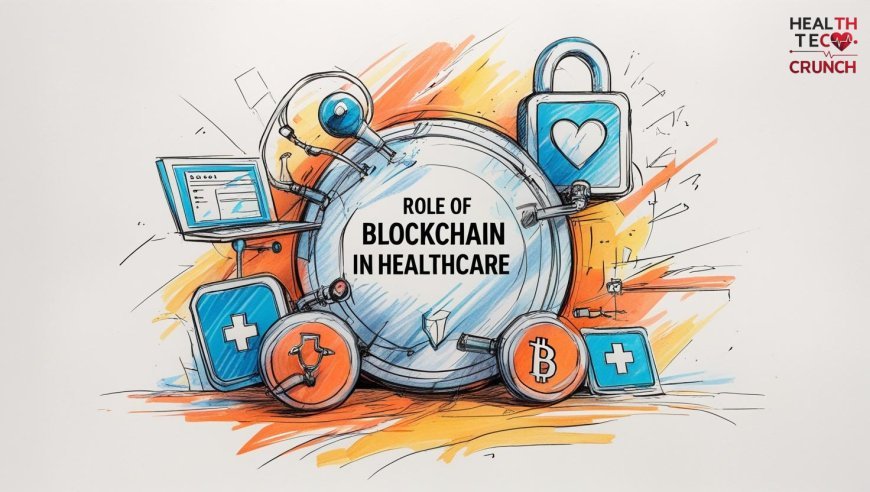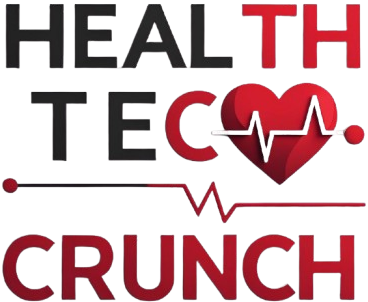The Role of Blockchain in Healthcare: Building Trust and Efficiency

The Role of Blockchain in Healthcare: Building Trust and Efficiency
In an age where data is considered one of the most valuable assets, healthcare stands out as a sector where secure and transparent information management is absolutely critical. Patient records, billing information, treatment histories-all of these contain sensitive data that must be protected with the highest level of security. This is where blockchain technology enters the healthcare conversation, offering exciting possibilities to transform how data is handled, secured, and shared.
At its core, blockchain is a decentralized digital ledger that records transactions in a secure, transparent, and tamper-proof way. Unlike traditional databases, where information can be vulnerable to hacks or unauthorized changes, blockchain ensures that every entry is verified and linked to previous ones, creating a chain that is nearly impossible to alter without detection. This feature alone has enormous implications for healthcare data security.
Imagine a patient’s medical history stored on a blockchain. Each time the record is updated-whether it’s a new diagnosis, test result, or medication-the information is added as a new block. Because the ledger is distributed across multiple systems, no single party controls the data, and everyone involved in the patient’s care can access an accurate, up-to-date record. This not only reduces the risk of errors but also empowers patients by giving them more control and transparency over their health information.
Transparency is another key benefit. Healthcare providers, insurers, and patients often face challenges with billing, insurance claims, and administrative red tape. Blockchain can streamline these processes by creating an immutable and verifiable trail of transactions, which reduces fraud, speeds up reimbursements, and cuts down on paperwork. This can ease the administrative burden that weighs heavily on both providers and patients, allowing more focus on delivering quality care.
Furthermore, blockchain has the potential to improve data interoperability, which has long been a barrier in healthcare. Because blockchain systems operate on shared protocols, different healthcare organizations can securely share information without compatibility issues or concerns over data privacy. This seamless exchange can enhance collaboration, improve diagnosis and treatment plans, and support research by providing reliable datasets.
Of course, implementing blockchain in healthcare comes with its own challenges. The technology is still relatively new, and widespread adoption requires addressing concerns around scalability, regulation, and user education. It also demands a cultural shift toward more open and collaborative data management. However, the momentum is building as more healthcare leaders recognize blockchain’s potential to foster trust and efficiency.
Looking ahead, blockchain could become a foundational technology in healthcare’s digital transformation. It promises a future where patient data is safer, processes are more transparent, and healthcare delivery is smoother and more coordinated. By embracing blockchain, the healthcare industry takes a vital step toward building systems that respect privacy, empower individuals, and ultimately improve health outcomes. This blend of innovation and trust marks an exciting chapter in healthcare’s ongoing evolution.


























